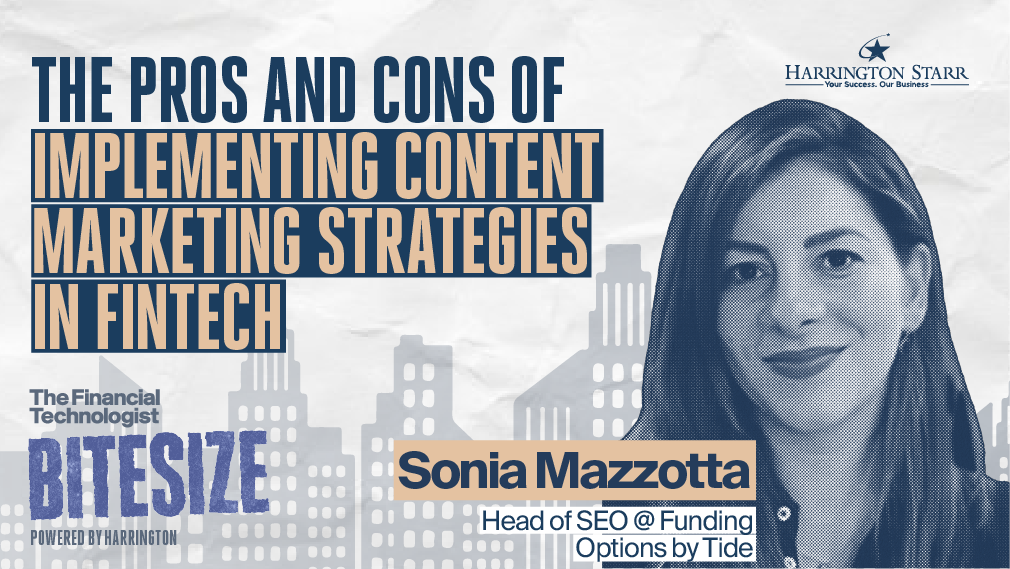
Download your free copy of the latest Financial Technologist magazine here.
Recent changes in the London Stock Exchange rules and regulations have been designed to stimulate grown and attract some of the UK’s fastest-growing companies, who are delivering cutting-edge technology, powering the regulated financial services sector in London, which is fast becoming the FinTech capital of the world.
Increasingly visible among these companies is Quantum Financial Holdings (The Quantum Group), who have been scaling fast from humble beginnings. The first Quantum company, Valkyrie, was established in 2010, focusing on the security sector. Co-founders Floyd Woodrow and Peter Malmstrom soon branched out into regulated FinTech, investing in expense and FX management FinTech Volopa in 2015.
Officially formed in 2016, Quantum Group now owns two interesting regulated fintech entities — Volopa and Verve — alongside their established security company Valkyrie, which delivers enhanced cyber security and deep and dark web monitoring to provide an additional overlay of security to Quantum’s financial services interests.
“There was an obvious convergence of technology between Valkyrie and Volopa, with clear synergies between the regulated FinTech world and the delivery of cutting-edge cyber security, which is why we were inspired to form Quantum in 2015,” says Floyd Woodrow MBE DCM LLB, CEO and Co-Founder of the Group. “Initially seen as an incubator for good ideas, Quantum has developed three core standalone companies, and has a pipeline of innovation for further development as the Group continues to grow.”
In fact, Quantum is unique insofar as it does not follow a VC model at all, and does not see itself as a VC. Instead, Quantum has been described as an incubator, a word which defines their approach.
“We look for good ideas that are practical and work for customers. We then conduct extensive field testing and early-stage consultation to ensure the products and services we are building are relevant and of value to our customer demographic in the real world,” says Group Co-Founder Peter Malmstrom.
“If it’s not useful to people, then we don’t develop it. Too much tech complicates life, whereas practical, real-world solutions that are fit for purpose, enhance it,” he says. “Floyd and I create an environment where specialist teams are free to focus on their area of expertise, who are supported and encouraged to be the best that they can be.”
Quantum’s strategy of centralising key but often onerous and time-consuming functions, such as accounts, compliance and fundraising, has been at the core of their success — and that of their companies.
“We recognised early on that standalone FinTechs often struggled as their core management teams become overwhelmed with the responsibility of accounting and compliance, as well as being consumed by the constant need to generate funding to sustain early stage growth,” says Woodrow. “By centralising these functions and lifting these responsibilities to Group level, it frees the management teams of each of our subsidiaries to focus fully on scaling the businesses — and it is these teams that are powering our growth.”
Their growth has indeed been impressive. Initially established with less than £100,000, Quantum has grown significantly over the last 14 years from the creation of Valkyrie in 2010 to the Group’s formation in 2016. Quantum has recently been benchmarked by the British Business Bank, together with a lead investor, capitalising its loans to equity at a £330 million valuation. Built entirely on private equity, Quantum’s growth has inspired its internal teams and external investors alike — and the Group has moved into 2024 with no external debt or bank borrowing.
“We have always backed ourselves and have been fortunate to have attracted a small group of like-minded investors to join Floyd and I on this journey,” says Malmstrom. To date, Quantum has about 150 high net worth investors, three family offices and now the UK Government, through the British Business Bank, as investors.
Quantum have thus far avoided VC money and excessive borrowing, which has stood them in good stead. Instead, their growth has been organic, raising funding as needed in order to invest heavily in growth.
Woodrow makes the point: “We have resisted raising large sums early on as many of our competitors have done, as that often leads to heavy dilution, which can demotivate teams and means their trajectory and eventual exit are governed by the lenders, not the executives.”
“As we have no external debt, no bank borrowing and are self- funded, we have focused fully on steady and sustainable growth, pursuing profitable and sustainable business models, rather than simply looking for scale while posting huge losses
— as seems now to define many FinTech companies, particularly in the more difficult B2C space,” adds Malmstrom. “Having strengthened our balance sheet through additional investment and the conversion of debt to equity, we are now fully focused on growth with revenues being key to maintaining our trajectory as the Group positions for an eventual float.”
The strategy Quantum has employed to date has undoubtedly delivered success, but what of its future plans? Woodrow sets out the Group’s roadmap and key milestones for the year ahead: “The core message is that, with a suite of market-leading products and services, our focus must now be revenues. International investors love UK FinTech, as indicated by some stratospheric reported values in the sector. We are more cautious in our approach, and realise that risk attitudes are changing and investors are looking for FinTech ‘sizzle’ with reduced risk.
“This means, quite simply, that you need to be profitable. If you can achieve profitability then your speed of growth, trajectory and forward projections dictate your value,” he says. “The recent changes in the Stock Market rules here in the UK are interesting to us, and we recently met the London Stock Exchange in early-stage discussions to understand more about the process and how we can build to a float on the main exchange here in London – as well as the potential for a dual float on one of the main Middle Eastern exchanges, which we’re discussing now.”
Quantum makes the point that its investors are not looking for an exit, but instead see the potential for a float as a stepping stone for the Group, giving liquidity in the stock and access to capital that will power Quantum’s next phase of growth. Recent projections and plans are interesting, based on their pursuit of relevant tech, ability to attract and retain world-class talent, and the fact that Quantum owns everything they develop – meaning investors benefit from a tightly focused spread of successful FinTech and cyber security entities sitting under a team of seasoned professionals, who maintain a firm grip on the tiller and certainly make Quantum one to watch.
Download your free copy of the latest Financial Technologist magazine here.





